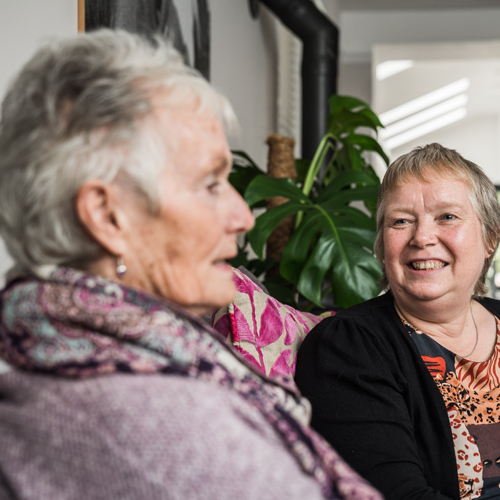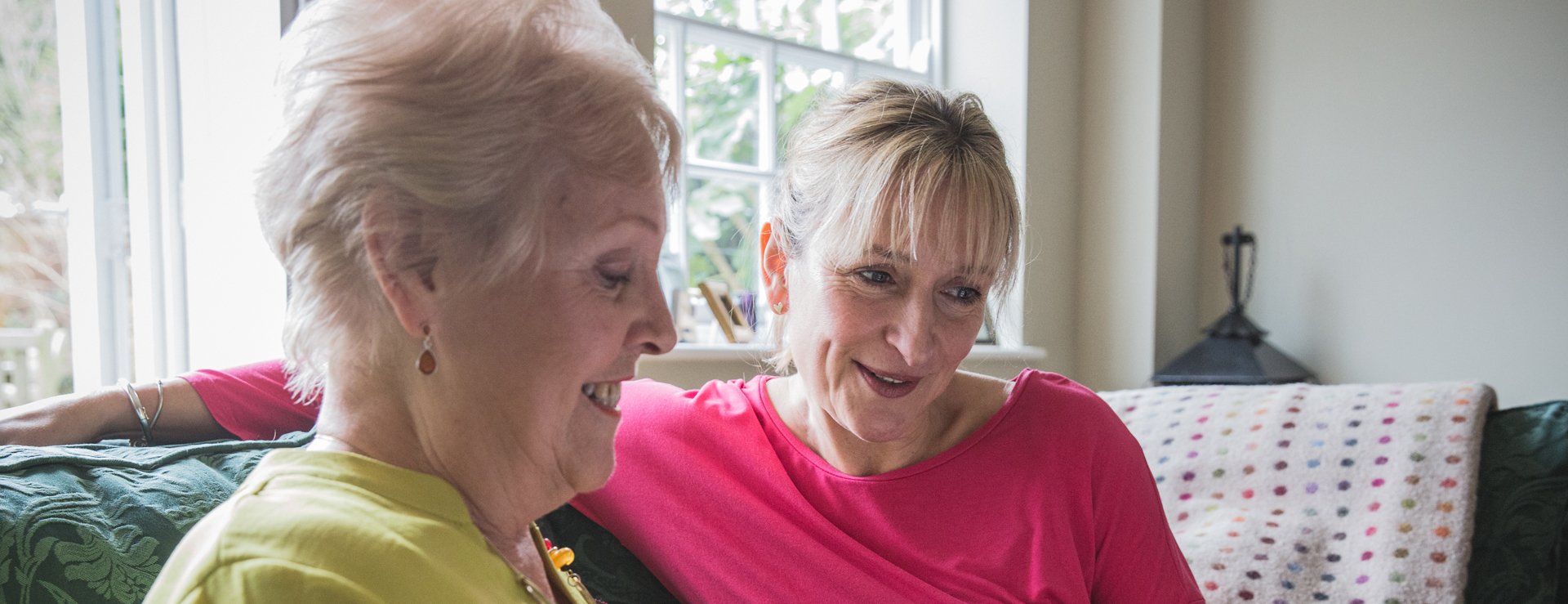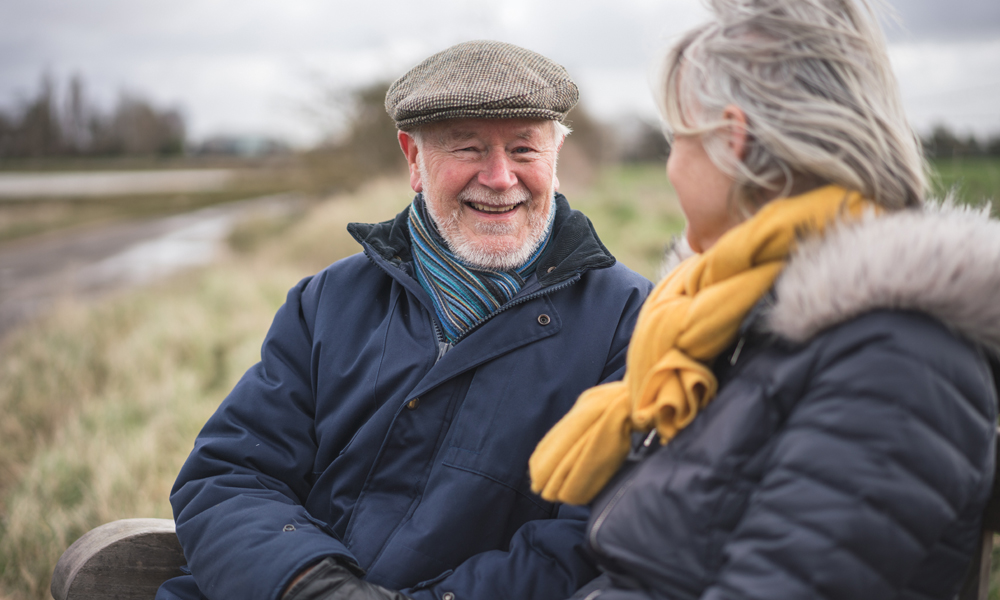See the Latest Blogs at Oxford Aunts
When providing care to vulnerable people, there is nothing more important than treating them with respect and dignity. Dignity is recognising the value of each person as an individual and treating them with empathy, compassion and respect at all times. At Oxford Aunts, dignity and respect are at the heart of our live in care services. Since 1967, we have proudly cared for thousands of people enabling them to stay safely and happily in the comfort of their own homes whilst receiving the care they need. The care we provide is person-centred and highly personalised to ensure our clients can live well in any way they wish. Our compassionate and experienced carers are focused on providing care that promotes choice and
Read more
If you are living with an ongoing health condition that impacts your ability to live a comfortable and independent lifestyle, you may be eligible for NHS Continuing Healthcare funding. This is a package of care that is fully funded by the NHS. The application process for NHS Continuing Healthcare funding is fairly complicated and involves several stages. To help you through this process, we have created this comprehensive guide on everything you need to know about the initial assessment stage, the NHS Continuing Healthcare Checklist. What is the continuing healthcare checklist? The Continuing Healthcare Checklist is a screening tool used by the NHS to assess whether an individual is eligible for NHS Continuing Healthcare – a package of care that is fully
Read more
Dementia is an umbrella term that refers to a group of neurological conditions that affect the brain. There are over 100 types of dementia of which the major symptom is a gradual and progressive reduction in brain function over time. The most common causes of dementia include Alzheimer’s disease, vascular dementia and dementia with Lewy bodies. Although the risk of getting dementia increases as we age, people in their 40s and 50s can also have dementia. Every type of dementia is progressive meaning symptoms will gradually worsen over time. Despite the challenges presented by dementia, it is possible to live well at home with our expert dementia care from live in care specialists. What are the different types of dementia? Alzheimer’s
Read more
If you or a loved one are having difficulties remembering to take your medication, a dosette box offers a practical and easy-to-use solution to medication management. Forgetting to take your medications or taking them incorrectly can have serious consequences for your health, especially for the older generation. In this short guide, we offer practical advice and guidance on how dosette boxes work and how you can use one to effectively manage medications. What is a dosette box? Medication management has grown increasingly complex over the years. Age UK estimates that around 1 in 5 adults in the UK are living with two or more complex conditions and that over half of people 75 years or older are taking five or more medications
Read more
Arthritis is one of the leading causes of pain and disability worldwide, especially for older adults. In the UK, millions of people have arthritis or other similar conditions that cause swelling and pain in the joints. Everyone experiences arthritis pain and symptoms differently depending on their own family history, lifestyle factors and the type of arthritis they have. Here we will answer important questions such as, “what is arthritis pain like?” so that you know the signs and symptoms to look out for when caring for a loved one or managing your own condition. What is arthritis? Arthritis is a common condition that causes swelling and tenderness in a joint. The most common symptoms of arthritis are joint pain and stiffness which
Read more
It’s common to feel worried about a loved one as they get older, whether it’s a family member or a neighbour. You may be noticing signs that someone could use extra help with day-to-day tasks and are wondering how you can best support them. It can be difficult to know when a loved one could benefit from extra support. Sometimes, your family members may ask for help or a sudden illness or injury may make it obvious that extra support is needed. However, if you live a distance away, you may need to be diligent to spot the signs that suggest your loved one could use further support. It is also of the utmost importance to remember to not enforce
Read more
As we age, our bodies and minds inevitably go through a natural process of change. A common symptom of these changes among older adults is confusion. Confusion in the elderly can manifest in many different ways and can be caused by various factors. A person might feel confused as the result of medical conditions, medications and environmental factors. It can be a frightening and frustrating experience, not just for the person affected but also for their loved ones and caregivers. It’s important to understand what can cause confusion in older people and how to recognise the signs, so that you can help your loved ones stay independent and improve their quality of life. In this guide, we will explore the
Read more













